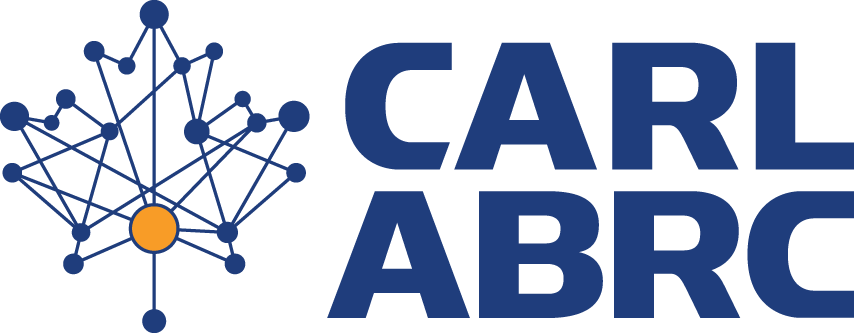Policy & Advocacy Committee
The Policy and Advocacy Committee shapes public policy and advocacy efforts that support research libraries by promoting laws, infrastructure, and initiatives that foster the creation, sharing, and management of scholarly information.
Communities of Practice
CARL is the national voice for the interests of the academic community and its libraries in a balanced and fair approach to copyright, equitable access to scholarly information, access to information and open government, the protection of privacy, intellectual freedom, the ethical deployment of artificial intelligence, and advancing open science. In this role, CARL collaborates with other organizations across the culture and research sectors in Canada, as well as with the Association of Research Libraries (ARL), the International Federation of Library Associations and Institutions (IFLA), and other international associations. CARL engages in international treaty work through its official observer status and consequent participation in WIPO SCCR.
Strategic goals include:
- An essential national voice for the interests of the academic community and the critical work of libraries.
- Represent the interests of Canadian research libraries in the federal and pan-Canadian information policy arena to achieve broad access to, and effective management, of Canada’s information assets.
- Strengthen and mobilize national and international relationships and initiatives across and beyond the library and research sectors to increase Canada’s profile and advance common policy objectives.
Accessibility
CARL is committed to advancing equitable access to scholarly information. Through advocacy, resources, and partnerships, CARL supports libraries in breaking down barriers to accessibility. This work aligns with Canada’s commitment to the 2030 Sustainable Development Goals and strengthens policies that promote inclusive access to knowledge.
Copyright
CARL advocates for fair and balanced copyright legislation that supports research libraries and their users. Through policy engagement and collaboration with copyright specialists, CARL works to ensure that copyright laws enable equitable access to information. Key areas of focus include fair dealing, exceptions for libraries and users with print disabilities, and limitations on copyright terms.
Privacy
CARL advocates for strong privacy protections in the digital age, ensuring that personal data is safeguarded while supporting seamless user experiences. Through policy engagement and consultations, CARL works with stakeholders and policymakers to advance privacy legislation that aligns with the values of the library community.
- Brief on Modernizing Privacy in Ontario (2021)
- Brief to the Ontario Government’s consultation Trustworthy Artificial Intelligence (AI) Framework (2021)
- Submission to the Department of Justice’s Public Consultations: Modernizing Canada’s Privacy Act (2021)
- Submission to the Ontario Government Consultation: Strengthening Privacy Protections in Ontario (2020)
- Submission to the Office of the Privacy Commissioner’s Consultation on the OPC’s Proposals for ensuring appropriate regulation of artificial intelligence (2020)
Artificial Intelligence
CARL supports the use of generative AI by the academic community and advocates for public policy that supports the liberal application of AI in research, teaching, and learning whilst ensuring that privacy and inclusion are safeguarded. CARL is committed to position research libraries as active contributors to campus-wide conversations about generative AI through strategic communications.
- CARL comments on ISED’s 30-Day National Sprint (November 2025)
- CARL response to the Consultation on Copyright in the Age of Generative AI (December 2023)
- CFLA-CARL Brief on the Consultation on a Modern Copyright Framework for AI and the Internet of Things (2021)
- Brief to the Ontario Government’s consultation Trustworthy Artificial Intelligence (AI) Framework. (2021)
- CARL Submission to the Office of the Privacy Commissioner’s Consultation on the OPC’s Proposals for ensuring appropriate regulation of artificial intelligence (2020)
Access to Information and Open Government
CARL advocates for open government policies that ensure timely, open access to government information and publicly funded research. By engaging in consultations and supporting Canada’s participation in the Open Government Partnership, CARL promotes transparency, accountability, and broader societal benefits, including enhanced research, education, and scientific discovery.
- Brief to the Federal Government on Access to Information Review (2021)
- Letter to the Ministers of ISED and Canadian Heritage and Multiculturalism, and the President of the Treasury Board of Canada – Next Steps in Advancing Changes to Crown Copyright (2019)
- CARL Input to the Open Science Consultation (2016)
- Letter of Support for Canada’s Second Action Plan for Open Government (2015)
Documentary Heritage
CARL advocates for the long-term preservation and accessibility of Canada’s documentary heritage, ensuring that national research libraries and archives are well-resourced and strategically supported. Through collaboration with Library and Archives Canada, NRC-National Science Library, the Library of Parliament, and the Depository Services Program, as well as active engagement in initiatives such as North/Nord and with CRKN, CARL works to safeguard Canada’s publications, archival records, and other cultural materials for future generations.
Traditional Knowledge
CARL acknowledges the intellectual property implications of traditional knowledge, genetic resources, and cultural expressions, as explored by the World Intellectual Property Organization (WIPO). Research libraries, which may hold data gathered in partnership with Indigenous communities, play an important role in this context. CARL supports the view that ancestral knowledge can be protected while still enabling knowledge sharing through libraries. It endorses IFLA’s guiding principles, which call for appropriate safeguards that uphold the core functions of libraries and archives. CARL also supports the principles of Canada’s United Nations Declaration on the Rights of Indigenous Peoples Act, and the work of the National Indigenous Knowledge & Language Alliance (NIKLA).

